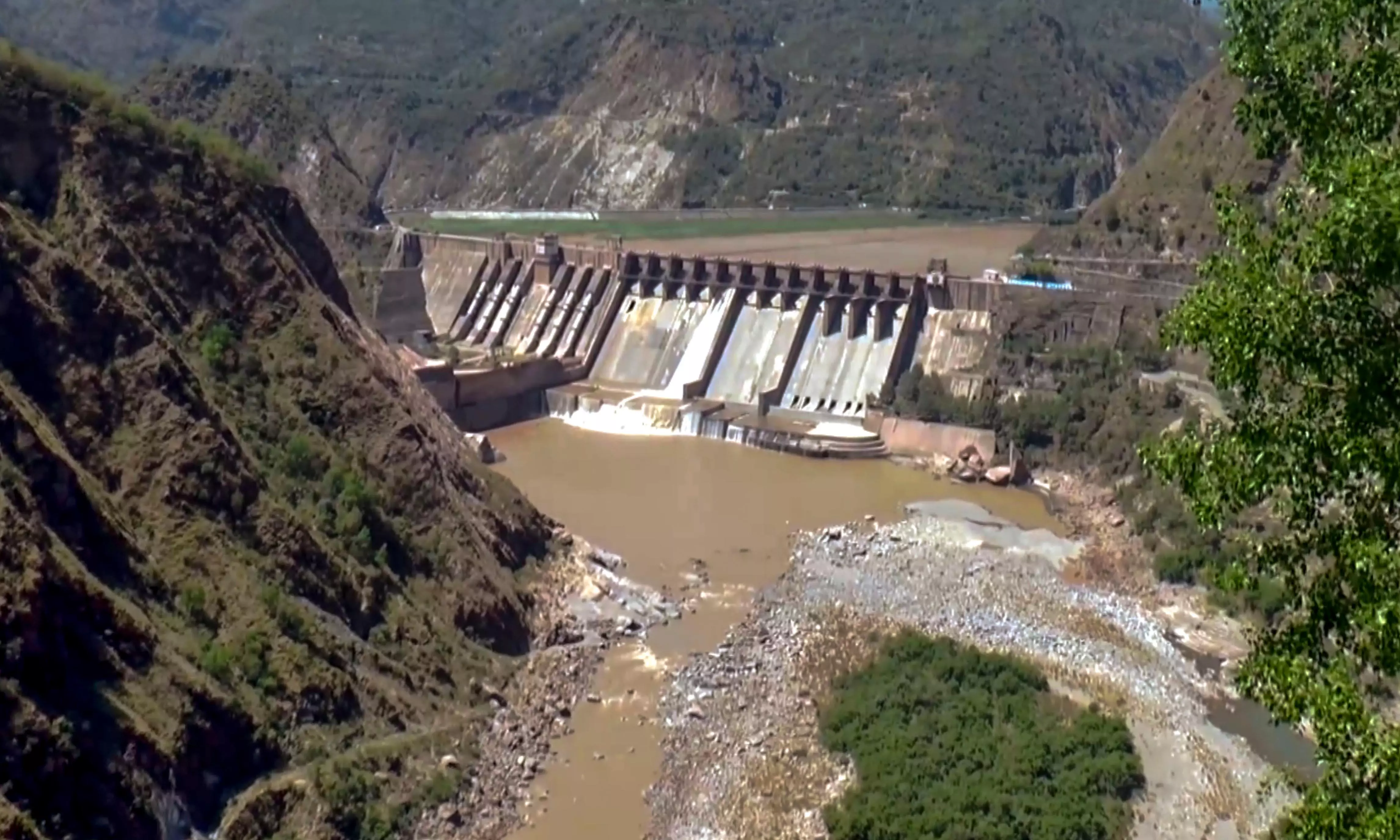AA Edit | Indus Waters Still Remain India’s Best Trump Card
Military and diplomatic steps are considered as Pakistan faces global pressure

To take precise steps against the Pakistan-inspired and trained terrorists, their handlers and the Indians who joined them in a senseless attack on civilians in Pahalgam is the challenge facing India now. The planning and operational parts of a strike against Pakistan for its nurturing of terrorism has, however, been left to the chiefs of the armed forces.
As the suspense builds over what India’s armed forces have up their sleeve regarding sending a military message, besides India’s diplomatic offensive against Pakistan in international space, there appears to be more nervousness across the border where Pakistan’s armed forces are running full- scale war game exercises even as they claim to have upped their preparedness on a war scale against any Indian strike.
The United States has been playing peacemaker with its appeals to both sides to work together towards de-escalating the tension and maintaining peace. Of course, the US has also emphasised that India has the right to defend itself against Pakistan’s nefarious designs on disturbing the peace in Kashmir.
What happens when India seeks more forceful options, as it has in the past against Pakistan’s misguided military brass who support terrorism as a weapon of state, remains to be seen. The US’s view of the situation — weighted in favour of India as a victim of Pakistan-inspired terror — might change as it has historically known to keep its ties with Pakistan and funding it too lest that country slip into a tighter embrace of China.
At every forum, Prime Minister Narendra Modi and his Cabinet colleagues have made it known that India reserves the right to every option — military, diplomatic and strategic — to expose Pakistan to the world. The US President, Donald Trump, had, in the immediate aftermath of the Pahalgam attack, minced no words in condemning the act of terror but later said he was close to both nations and that they would “get it figured out, one way or the other”.
There is, however, no indication that India would be inclined to resume communications with Pakistan to figure this out. Nor is there a need to open talks with Pakistan. The armed forces have been given their orders along with a licence to choose where and when to act and the military brass are known to follow orders.
In the absence of any appreciable movement in the investigating agencies towards tracing the Baisaran valley perpetrators, it is on the cards that any strike against Pakistan will resemble action that was taken in the wake of the attacks on Uri and Pulwama in the last decade.
The main Opposition leaders have stood by the government in the face of comments to the contrary, or sympathy towards Pakistan citizens stuck in India shown by some in their ranks. This leads us to believe that a military operation against the neighbour may be on the cards though one would hope that, as in the past, none of it would lead to a full-scale war in which India, as one of the top five nations in the global economy, will have more to lose than a rogue nation whose economy is in a shambles.
A point to ponder is whether the threat in the form of the Indus Waters Treaty being held in abeyance can be deterrent enough to keep Pakistan’s terror plans on a leash. Its effect may take a long time to become evident, but Pakistan’s agriculture and consequent food security could take a serious enough hit for that country to consider halting ideological and religious terror operations in Kashmir and look to its economic welfare. The waters of the Indus might still be India’s best trump card.
